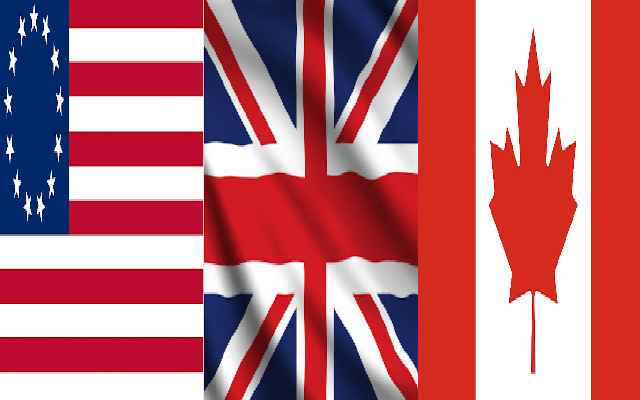New Delhi: Calling the government’s decision to offer Indian citizenship to persecuted minorities a “big win for human rights”, Hindu organisations across the US, the UK, and Canada on Tuesday hailed the announcement of the implementation of the Citizenship Amendment Act (CAA).
The CAA — an integral part of the BJP’s 2019 Lok Sabha polls manifesto — will enable the granting of citizenship to people from Hindu, Sikh, Jain, Buddhist and Parsi communities, who had migrated to India before December 31, 2014, from neighbouring countries because of religious persecution.
“The government’s decision to offer Indian citizenship to persecuted minorities from Pakistan, Bangladesh, and Afghanistan is a commendable move… India, as a signatory to the Universal Declaration of Human Rights and various other international conventions, has an obligation to provide asylum to persecuted individuals regardless of their religion,” the Hindu Forum Canada said in a statement.
The group hoped that “Pakistan and Bangladesh will consider implementing a similar Citizenship Amendment Act to foster brotherhood among Indian nationals”.
US-based advocacy group, Coalition of Hindus of North America (CoHNA), called the move “a big win for Human Rights for the persecuted religious minorities of Pakistan, Bangladesh and Afghanistan.
It further said that CAA has no impact on existing Indian citizens of any faith and that it simply fast-tracks the Indian citizenship process for nearly 31,000 religious minorities who fled to neighbouring nations “in the face of extreme and systemic persecution”.
CoHNA pointed out that each year in Pakistan, thousands of minor girls from minority communities are kidnapped, forcibly converted and “married” to their abductors, with support from police and judicial authorities.
“As a result, petrified families with young kids have been fleeing to India for basic safety,” the group, which had run an education and advocacy campaign on CAA in 2020 to counter false narrative on the topic, said.
Hindu American Foundation (HAF) Executive Director Suhag Shukla said that CAA was “long overdue and necessary”, as it protects some of the most vulnerable refugees in India, granting them the human rights they were denied in their home country.
Shukla said that CAA mirrors the long-established Lautenberg Amendment in the US, in place since 1990, which has provided a clear immigration path for persons fleeing a select group of nations where religious persecution is rampant.
“I’m proud to see both the oldest and largest secular democracies in the world — the US and India — be a beacon of hope by extending a pathway to freedom and a new life to those who have suffered gross human rights violations simply because of their religion,” she added.
London-based Hindu advocacy group said: “This is a reflection of India’s commitment to religious freedom and equality, integral to its secular fabric.”
The CAA was enacted by the Parliament in December 2019 amid large-scale demonstrations from the Muslim community, backed by Opposition parties, demanding a rollback of the law calling it discriminatory.
They claimed that the Muslim community had been excluded from the CAA.
“The CAA does not alter the rights of any Indian citizen nor does it establish any religious test for general immigration or exclude Muslims from immigrating to India, as is sometimes wrongly said and reported,” HAF said in a statement.
“Muslims often have more rights in Islamic countries such as Pakistan, Bangladesh and Afghanistan, where there are constitutional discriminations against non-Muslims,” the Hindu Forum Canada said.
Union Home Minister Amit Shah had reiterated in Parliament that Indian citizens of the Muslim community do not need to fear anything, as this Bill would not affect their citizenship in any way.
Requesting the Opposition not to do politics on this issue and divide people on communal lines, Shah said that “this Bill aims at granting rather than taking away someone’s citizenship”.
Read More :




